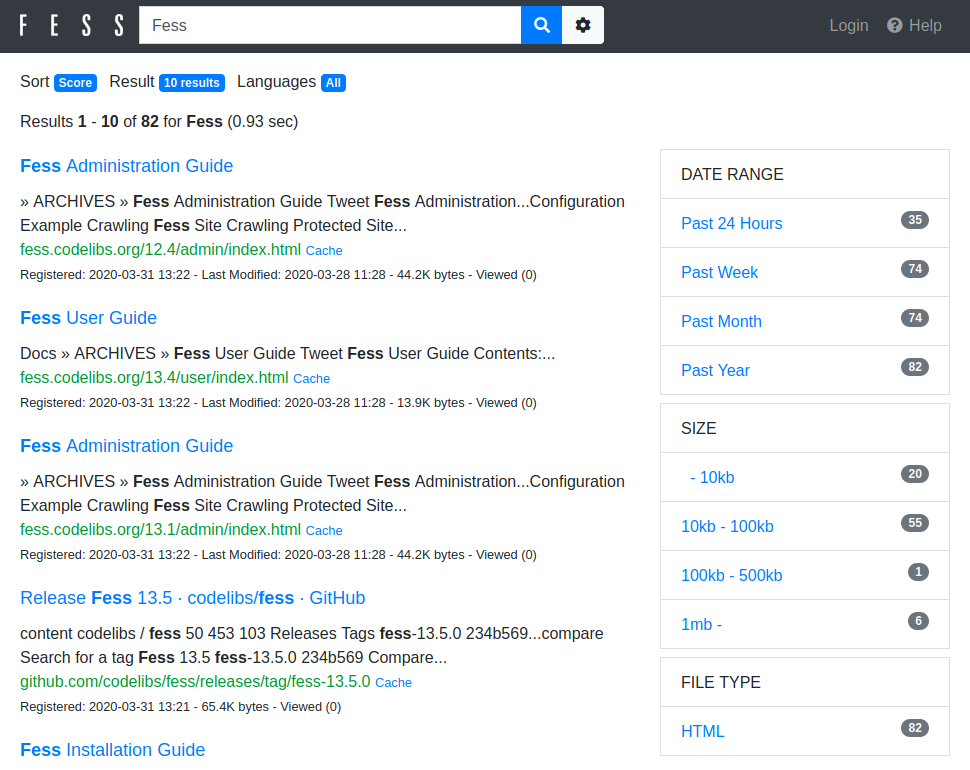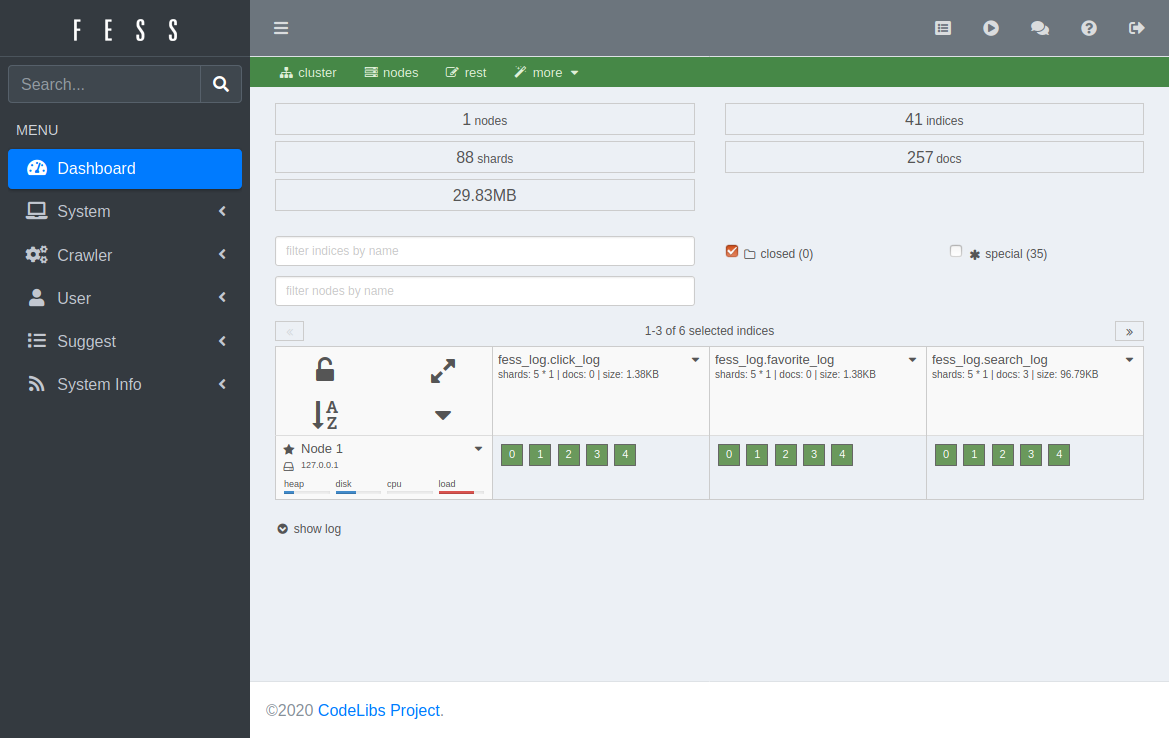- Sort Score
- Result 10 results
- Languages All
Results 11 - 20 of 578 for Passwort (1.27 sec)
-
docs/de/README.md
- Suchoberfläche: http://localhost:8080/  - Administrationsoberfläche: http://localhost:8080/admin/ (Standard-Benutzername/Passwort ist admin/admin) 
Registered: Sat Dec 20 09:19:18 UTC 2025 - Last Modified: Tue Nov 11 22:42:32 UTC 2025 - 7.8K bytes - Viewed (0) -
docs/de/docs/tutorial/security/first-steps.md
Und es kann auch von Ihnen selbst verwendet werden, um dieselbe Anwendung zu debuggen, zu prüfen und zu testen. ## Der `password`-Flow { #the-password-flow } Lassen Sie uns nun etwas zurückgehen und verstehen, was das alles ist. Der `password`-„Flow“ ist eine der in OAuth2 definierten Wege („Flows“) zur Handhabung von Sicherheit und Authentifizierung.Registered: Sun Dec 28 07:19:09 UTC 2025 - Last Modified: Sat Sep 20 15:10:09 UTC 2025 - 9.9K bytes - Viewed (0) -
src/main/java/jcifs/smb/NtlmUtil.java
return hmac.digest(); } /** * Generates the NT password hash for the given password. * * @param password the password to hash * @return nt password hash */ public static byte[] getNTHash(final String password) { if (password == null) { throw new NullPointerException("Password parameter is required"); }
Registered: Sat Dec 20 13:44:44 UTC 2025 - Last Modified: Sat Aug 30 05:58:03 UTC 2025 - 15.1K bytes - Viewed (0) -
src/main/java/jcifs/smb1/smb1/NtlmPasswordAuthentication.java
return ntResponse; } /** * Generates the NTOWFv1 hash for the given password. * * @param password the password to hash * @return the NTOWFv1 hash bytes */ public static byte[] nTOWFv1(final String password) { if (password == null) { throw new RuntimeException("Password parameter is required"); } try { final MD4 md4 = new MD4();Registered: Sat Dec 20 13:44:44 UTC 2025 - Last Modified: Sat Aug 16 01:32:48 UTC 2025 - 26.7K bytes - Viewed (0) -
src/test/java/jcifs/smb1/smb1/NtlmPasswordAuthenticationTest.java
} } // Test constructor with domain, username, and password @Test void testConstructorWithDomainUsernamePassword() { NtlmPasswordAuthentication auth = new NtlmPasswordAuthentication("DOMAIN", "user", "password"); assertEquals("DOMAIN", auth.getDomain()); assertEquals("user", auth.getUsername()); assertEquals("password", auth.getPassword()); }Registered: Sat Dec 20 13:44:44 UTC 2025 - Last Modified: Thu Aug 14 05:31:44 UTC 2025 - 9.7K bytes - Viewed (0) -
tests/test_security_oauth2_optional.py
Registered: Sun Dec 28 07:19:09 UTC 2025 - Last Modified: Sat Dec 27 18:19:10 UTC 2025 - 8.9K bytes - Viewed (0) -
src/main/java/jcifs/smb1/ntlmssp/Type3Message.java
* the supplied password. * * @param type2 The Type-2 message. * @param password The password. * @return A <code>byte[]</code> containing the LanManager response. */ public static byte[] getLMResponse(final Type2Message type2, final String password) { if (type2 == null || password == null) { return null; }Registered: Sat Dec 20 13:44:44 UTC 2025 - Last Modified: Sat Aug 16 01:32:48 UTC 2025 - 24.1K bytes - Viewed (0) -
docs/en/docs/tutorial/security/simple-oauth2.md
# Simple OAuth2 with Password and Bearer { #simple-oauth2-with-password-and-bearer } Now let's build from the previous chapter and add the missing parts to have a complete security flow. ## Get the `username` and `password` { #get-the-username-and-password } We are going to use **FastAPI** security utilities to get the `username` and `password`.Registered: Sun Dec 28 07:19:09 UTC 2025 - Last Modified: Sun Aug 31 09:15:41 UTC 2025 - 9.4K bytes - Viewed (0) -
fess-crawler/src/main/java/org/codelibs/fess/crawler/client/smb1/SmbAuthentication.java
} /** * Returns the password. * @return The password. */ public String getPassword() { return password; } /** * Sets the password. * @param password The password. */ public void setPassword(final String password) { this.password = password; } /** * Returns the domain.Registered: Sat Dec 20 11:21:39 UTC 2025 - Last Modified: Thu Sep 18 09:30:45 UTC 2025 - 3.9K bytes - Viewed (0) -
tests/test_tutorial/test_request_form_models/test_tutorial001.py
Registered: Sun Dec 28 07:19:09 UTC 2025 - Last Modified: Sat Dec 27 18:19:10 UTC 2025 - 5.7K bytes - Viewed (0)